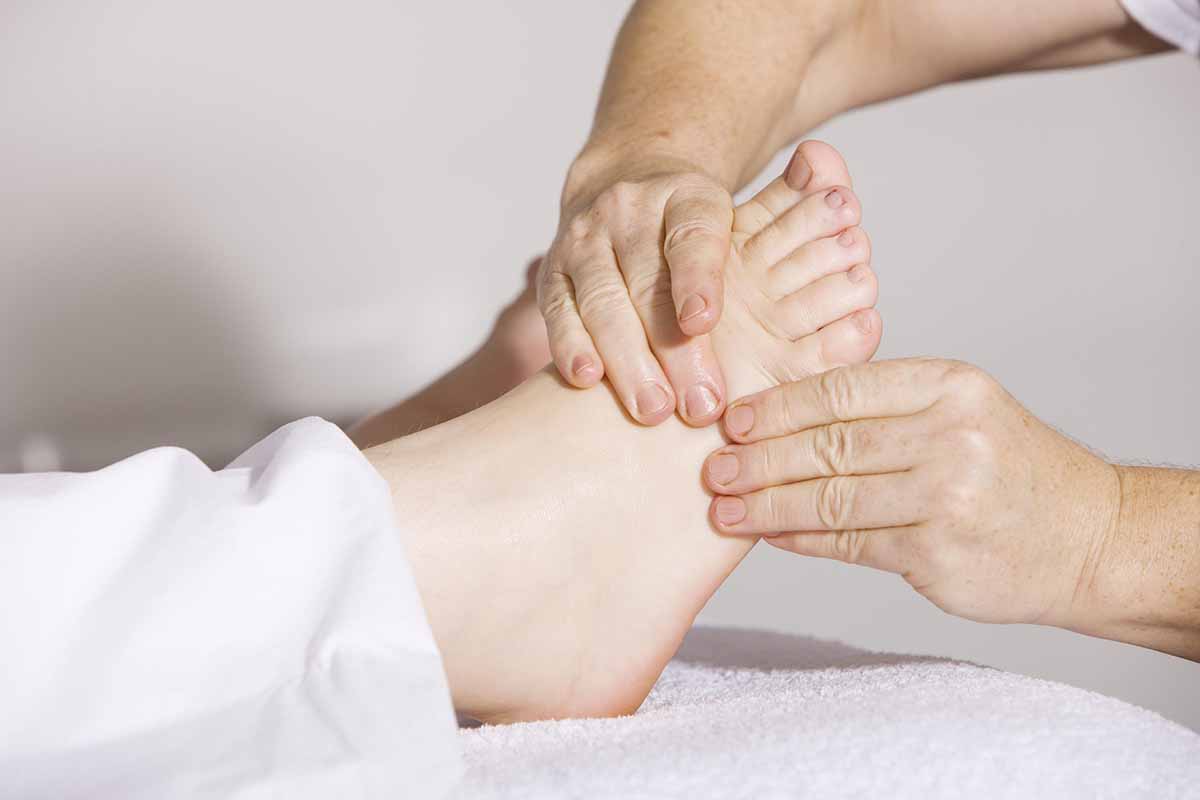Massage therapy has been around for centuries and has been known to provide numerous benefits to the human body. It is an effective way to relieve muscle tension, reduce stress levels, and improve overall well-being. However, it is not always easy to determine how often one should get a massage. Factors such as lifestyle, physical activity, and health conditions can all play a role in determining the frequency of massage therapy sessions. In this blog post, we will explore how often you should get a massage and how Inspirit Health Group, a registered massage therapy clinic in Vancouver, can help you achieve optimal health.
Understanding the Benefits of Massage Therapy
Before diving into how often you should get a massage, it is important to understand the benefits that massage therapy can provide. Massage therapy involves the manipulation of soft tissues in the body, such as muscles, tendons, and ligaments. The pressure applied during a massage can range from light to deep, depending on the individual’s needs and preferences. The following are some of the benefits of massage therapy:
- Reduces stress and anxiety – Massage therapy is known to reduce stress and anxiety levels by promoting relaxation and calming the nervous system.
- Relieves muscle tension – Muscle tension can be caused by physical activity, poor posture, or stress. Massage therapy can help relieve muscle tension by increasing blood flow and promoting the release of endorphins.
- Improves Sleep – Massage therapy can improve sleep quality by promoting relaxation and reducing stress levels.
- Boosts Immune System – Massage therapy can boost the immune system by increasing the activity of white blood cells and decreasing the levels of stress hormones.
Factors That Can Influence How Often You Should Get a Massage
Determining how often you should get a massage can depend on several factors, including your lifestyle, physical activity, and health conditions. Here are some of the factors that can affect how often you should get a massage:
- Lifestyle – If you have a stressful job or live a sedentary lifestyle, you may benefit from more frequent massage therapy sessions. On the other hand, if you have an active lifestyle, you may need less frequent sessions.
- Physical Activity – The amount of physical activity you engage in can also affect how often you should get a massage. If you participate in high-intensity sports or activities, you may need more frequent sessions to prevent muscle injuries and aid in recovery.
- Health Conditions – If you have a chronic health condition, such as arthritis or fibromyalgia, massage therapy may be recommended as part of your treatment plan. In this case, your healthcare provider may recommend a specific frequency of massage therapy sessions.
Finding the Perfect Schedule for Your Body
Now that you understand the benefits of massage therapy and the factors that can affect how often you should get a massage, it’s time to determine the perfect schedule for your body. It is important to note that the frequency of massage therapy sessions can vary from person to person. However, here are some general guidelines:
- For general relaxation and stress relief, one massage therapy session per month may be sufficient.
- For individuals with chronic pain or health conditions, massage therapy sessions may be recommended on a more frequent basis, such as once or twice a week.
- For athletes or individuals who engage in high-intensity physical activity, massage therapy sessions may be recommended on a weekly or bi-weekly basis to aid in recovery and prevent injuries.
It’s important to listen to your body and adjust the frequency of massage therapy sessions based on your individual needs. Your registered massage therapist can also help you determine the perfect schedule for your body.
At Inspirit Health, we offer a range of massage therapy services, including deep tissue massage, prenatal massage, and sports massage. Our therapists use a variety of techniques and pressures to ensure that your massage is tailored to your individual needs and preferences.


